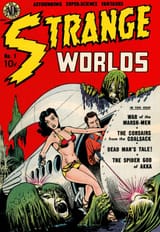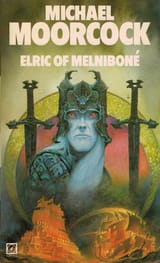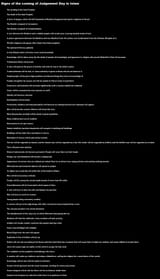Anonymous
5/11/2025, 9:16:47 PM
No.95627095
[Report]
>>95627336
>>95627503
>>95631531
>>95632565
>>95633115
>>95633381
>>95636727
>>95636853
>>95646300
>>95657078
>>95659896
>>95660048
>>95660418
>>95671001
>>95671564
>>95680287
>>95680303
>>95680575
>>95680575
>>95680586
>>95682464
>>95682480
>>95682897
>>95708066
>>95714695
>>95717279
>>95719952
>>95730267
>>95749728
>>95750011
>>95765203
Where do you get inspiration from?
Things have gotten more varied over time, but it still seems like many fantasy settings and adventures take a lot from the works of Tolkien. When creating some worlds and campaigns of your own, what are some other sources you look to for inspiration, and what did you take from there? Or at least recommend it to others looking for ideas, especially about something specific. For me, I was helping a friend with a pirate campaign and he shamelessly stole a few ideas from the expanded universe stuff outside the films. I won’t go into specifics in case the players are here.











